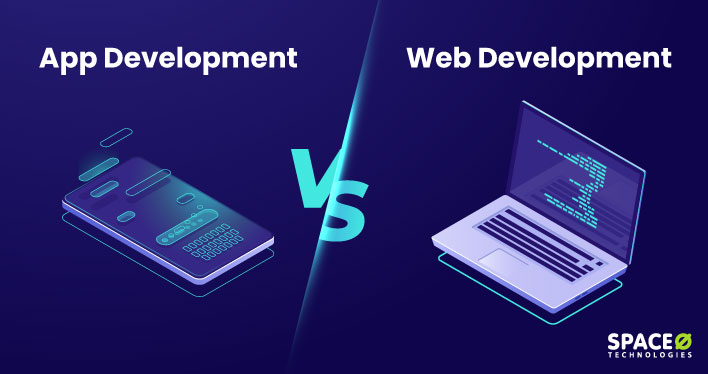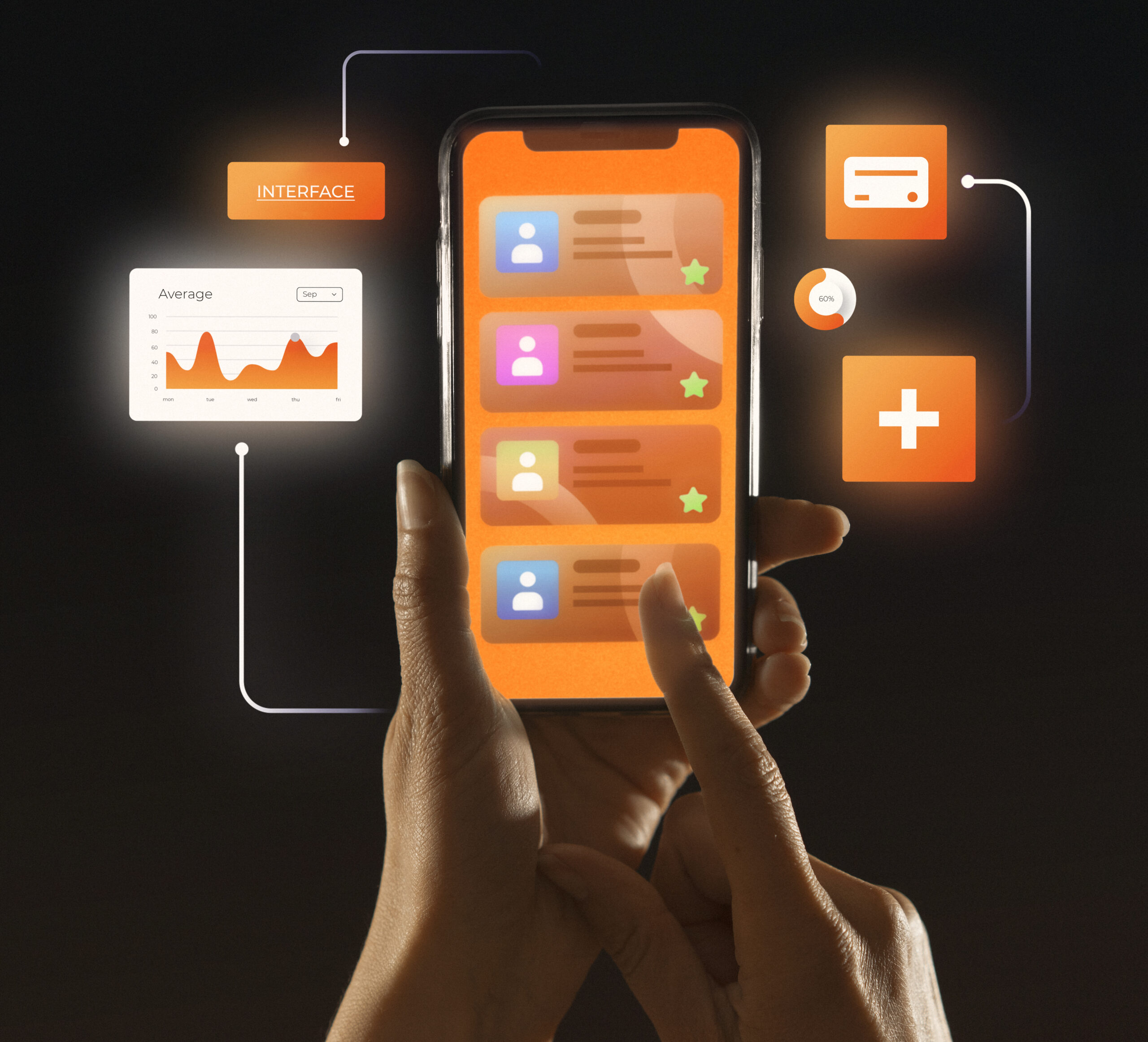Web app development is crucial for modern businesses due to the increasing demand for web-based solutions. It involves creating software applications that run on web browsers. They are accessible over the internet using web development technologies like HTML, CSS, and JavaScript. Server-side programming languages like PHP, Python, Ruby, and Java are used to program the language.
Web development frameworks are crucial tools for programmers. They provide a structure and predefined tools to facilitate the efficient creation of web applications. These frameworks offer several benefits, including easier standardization, security, productivity, better scalability, and community support.
Web Application Frameworks are software frameworks designed to support the development of web applications, including web services, resources, and APIs. These frameworks provide tools and libraries to streamline the development process. They also assist in creating web apps quickly and efficiently.
In this blog, we will explore
- What are Web app frameworks?
- What are Website development frameworks?
- Best Web App Vs Website development frameworks.
What Are Web App Frameworks?
Web application frameworks are software platforms that simplify the development of web applications. These frameworks offer a structured approach, promoting best practices and standardized processes. This enables Web Development service providers to improve code quality and maintainability in front-end and back-end development.
For Example
- Ruby on Rails
- Django
- Flask
- Express.js
- Laravel
- AngularJS
What Are Website Development Frameworks?
A Website development framework is a set of tools that helps developers create applications quickly and efficiently. These frameworks offer structures for organizing code, database management, user input validation, and security.
They allow developers to focus on business logic rather than infrastructure details, enhancing application development and maintenance speed.
What are the Best Web App vs. Website Development Frameworks?
Top Web Application Frameworks
React JS
React is an open-source JavaScript library for building user interfaces. Its popularity stems from its flexibility, customization, performance, and scalability. Its component-based architecture allows developers to create reusable code and UI components. This makes it easier to maintain and scale web applications.
React’s virtual DOM optimizes updates and improves performance, making it a great choice for modern, high-level web apps. However, beginners face a steep learning curve and require extensive use of external library functionalities.
AngularJS
AngularJS is an open-source JavaScript front-end framework developed by Google. It is based on the Model View Controller (MVC) architecture.
It offers features like dependency injection, directives, and two-way data binding that are ideal for developing dynamic web applications.
However, it has a steep learning curve for beginners and limited support for mobile platforms. Its large file sizes can slow page-loading times.
Ruby on Rails
Ruby on Rails is a popular web application development framework built on the Ruby programming language. It focuses on simplicity, productivity, and convention over configuration. It offers a modular architecture and reusable code creation.
They have features like database migrations, automated testing, and RESTful APIs. However, compared to competitors, they have slow performance and limited scalability. It makes them suitable choices for developers seeking productivity.
Django
Django is a robust, full-stack Python-based web application framework. It offers features like ORM, routing, and template rendering. Its security features, including protection against SQL injection attacks, make it popular among developers.
Django’s key feature is its ability to easily generate and handle complex queries. Moreover, compared to other frameworks like ReactJS and AngularJS, it has limited scalability and flexibility.
Spring
Spring is a Java-based framework for enterprise application development. It is popular for its modularity, security support, and a powerful ecosystem of add-ons. It offers various frameworks, including MVC, data access, and transaction management, focusing on scalability and security.
The spring framework is a server-side tool that is highly performative and easy to build web apps. It is heavy and complex, requiring knowledge of the Java programming language and a large learning curve.
Top Website Development Frameworks
Angular
Angular is a free and open web framework developed by Google. It focuses on single-page applications and uses HTML and Typescript to build them. Angular allows easy testing and code review and builds high-performance, large-scale web applications with ease of maintenance.
It provides a modular and manageable code structure. These structures help develop dynamic, single-page applications (SPAs) and complicated online interfaces. Angular’s two-way data binding and change detection engine synchronizes data between the model and view, optimizing efficiency.
Laravel
Laravel is a PHP framework popular for its simplicity, elegance, and readability. It operates on an MVC architectural model and supports APIs. This versatile web framework constantly improves its features, fixes bugs, and enhances performance. It offers resources like tutorials, documentation, and plugins.
Laravel is compatible with modern technologies like cloud services, mobile applications, and APIs. It ensures developers create up-to-date web applications. It also features built-in security features to protect against common vulnerabilities like XSS, SQL injection, and CSRF.
Express
Express is a modern web development tool for Node.js. It offers a free, open-source solution for creating powerful, sophisticated, and beautiful websites. Its minimalistic design and high-quality code, written by experts, result in great performance.
Optimizing code and resources, such as image optimization, load balancer, gzip compression, and reverse proxy, can enhance web performance.
Express also provides ease of use, making writing code easy and allowing developers to focus on other tasks. Express is a valuable tool for creating high-performance web applications that enhance user experience and retention.
Conclusion
Websites have a static homepage and various pages with different visual and text content. Web applications involve interfaces that are more complex, structures, and data storage functions.
Web apps are dynamic and user-focused, but due to their customization and wide range of functionality, they require experienced software developers.
They allow users to access data through a customized interface, simplifying customer information delivery. When comparing web App vs websites, web apps are highly preferred due to their simplicity.
Frequently Asked Questions FAQs
What is the major difference between a Web app and a website?
A website is a static series of web pages hosted on a server, while a web application is a dynamic software program.
- A website provides information about a company or individual, while a web application allows users to perform tasks like purchasing or viewing account balances.
- Web applications are more complex and require more server resources. The choice between a website and a web application depends on the business’s goals and vision.
Which is the Best WordPress Development Agency?
Soft Tech Cube is the best Web Development Services provider, offering top-notch web development services to businesses. If you are looking for Entry-Level Web Developer Jobs, visit our website and explore the career page. We have some positions opening for skilled and dedicated individuals.
Where can I find a reliable web developer near me?
At Soft Tech Cube, you can find incredible web developers. We have professional developers who provide fascinating Web App Development Services and other web-related services. You can also get your custom e-commerce website and other services like search engine optimizations.

















